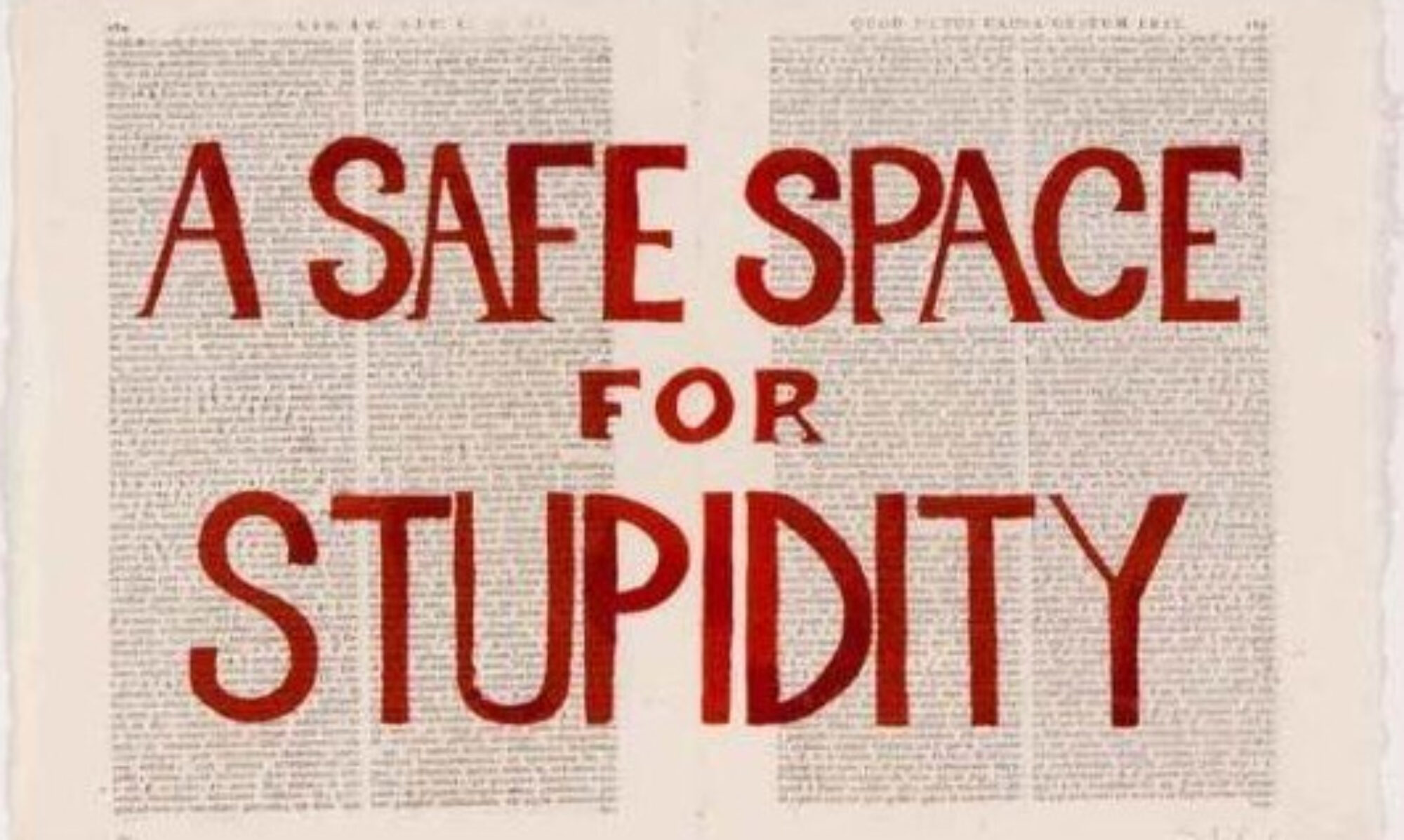I have produced some notes for a final year aerospace engineering unit on Turbulence and Noise (PDF). The introduction reads:
This is not a textbook and should not be read as one. It is a set of notes written for a final year unit at the University of Bath, with the aim of introducing aerospace engineering students to the extra concepts, mainly mathematical, which they will need in order to be able to read research papers in turbulence and noise. These papers are a mixture of classic work, such as Lighthill’s analysis of aerodynamically-generated noise, and more recent studies which apply state-of-the-art techniques to hard problems, and either extend our understanding of the physics, or give us completely new insights, in a way not previously possible.
The notes are written fairly informally, to give some intuitive sense of the concepts, as an aid to getting started on the real thing. Having read about correlation functions, for example, you will be in a position to read a paper which makes use of them, but that does not mean you will find it easy. You will find it possible, and the more papers you read, the deeper the understanding you will develop as you see how different people have made use of the same techniques. In practice, any writing of substance will require multiple readings, and will reveal more of itself under each reading.
Turbulence and acoustics are difficult, and you will not master them on this unit. You will have to work hard on ideas which will not be obvious, and were not obvious to the smart people who developed them. You will often feel stupid and confused, and you will wonder why you are doing this. You are doing this because it is worth it: you are taking on a difficult topic which some of the brightest people in history have found hard, but have nonetheless been able to contribute to.
Feeling stupid means you are working on something worth the trouble: if you want to feel clever, watch Sesame Street or read the Daily Mail.
